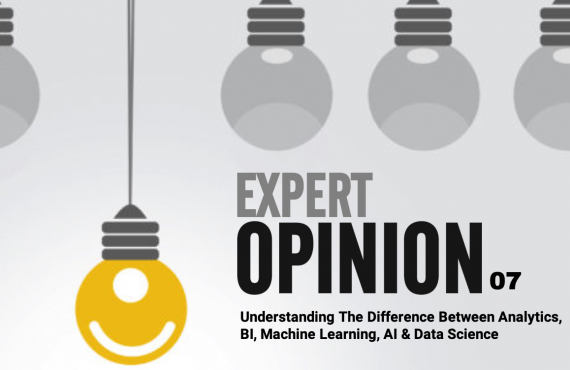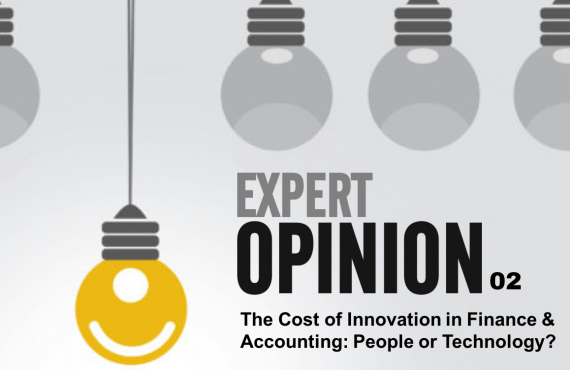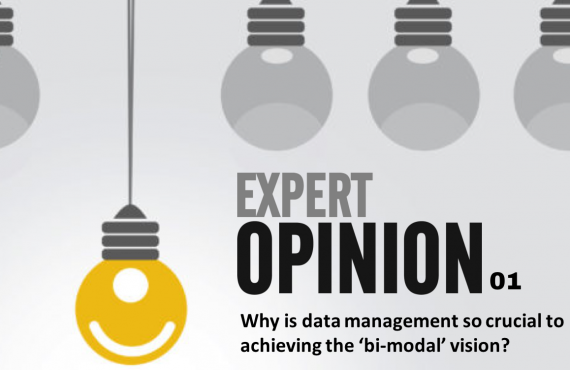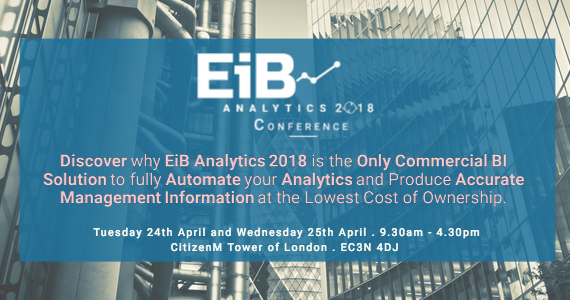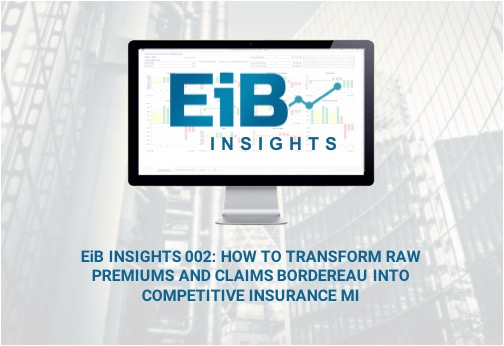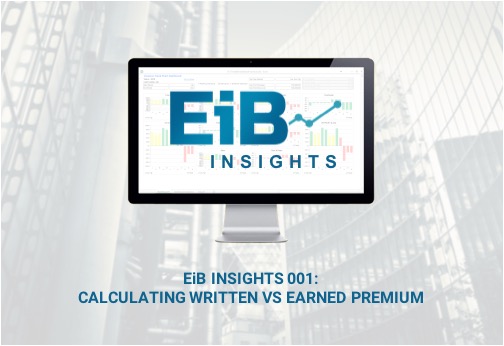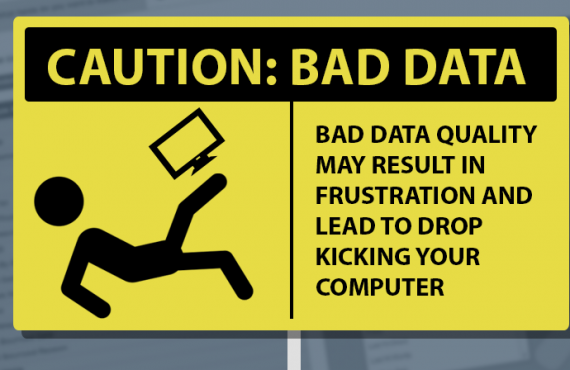The impact of technology on the hotels industry might not be obvious to the outsider – excepting, of course, the advent of online booking and internet aggregators – but to those working in the industry, the complicated nature of the business is crying out for an overhaul.
Hospitality has traditionally been seen as one of the slower industries to embrace digital transformation. The successful innovators are those who have the means to invest in new ways of working while not being too fragmented or too sprawling to successfully implement coordinated programmes of change – keeping up with the sheer pace of technological progress is seen as a major challenge for businesses already under pressure.
But that’s the impact on the customer-facing side of hotels. What’s happening behind closed doors? Ahead of the EiB Analytics 2018 Conference, we spoke with David Bridge of Adafabridge Hotel Consultancy about how hotels are restructuring their back offices to prepare for the finance function of the future.
“Hotels have always been a collection of activities with management, systems and data being segregated into specialist silos, and with data from the various sources often only consolidated in the financial system but on an aggregate basis,” says David. “Each speciality has developed at a different speed, with room’s yield management being perhaps the most developed. This means, for example, that to track revenue by a type of guest across all hotel departments is difficult, but to track profitability by that same guest type is almost impossible.
“So, most detailed measurement has been performed at the turnover level rather than the profit level. The profit is often only available in total at the department level, which will encompass both high and low-profit yielding activities. Yet to develop an effective strategy requires a far more detailed view of the cost and revenue drivers and their profitability by activity and the ability to link these activities by guest.”
Data quality a big challenge for finance functions
It’s a challenge not unique to hotels; poor data quality, ineffective technology and talent issues continue to hinder management reporting in finance functions. A recent study by Deloitte found 53% of finance function leaders see poor data quality as a problem in their organisation that can affect decision making; this figure increases to 80% in organisations where executive sponsorship is not available.
And in one-third of Deloitte’s surveyed organisations, technology does not support effective performance management – activities including consolidation, planning, budgeting, forecasting and management reporting. EY agrees; its study The DNA of the CFO says the “next evolution for the finance function will be to become a data-driven decision centre.”
Finance teams today have unprecedented access to vast amounts of information, and the finance team of the future will drive planning and support management across the business. The focus will be on projections and looking forward, using predictive analytics to model and predict what’s coming, forecast performance and manage risks. EY’s study found 57% of group CFOs believe that delivering the data and advanced analytics for business intelligence and management information will be a “critical capacity” for tomorrow’s finance function.
“The major challenge is to know the costs of the individual activities, in terms of the cost of winning the business and servicing that business,” says David of the data challenge facing hotels. “If a sales person knows the cost of each activity they can take better decisions. If the manager knows the profit generated by one restaurant, he might make changes to that restaurant to make it more profitable. If the specialist managers had access to a common platform with all hotel data, they might use their undoubted skills to benefit other departments as well as their own.”
This talent problem is also impacting the finance function of the future. The aforementioned Deloitte survey found 69% of finance function leaders want their finance business partners to spend the majority of their time undertaking higher value activities, such as building relationships with stakeholders in other parts of the business to help impact strategy and decision-making – but in almost half of organisations, those business partners are engaged in low-value activities such as creating and updating reports.
Robust MI tools automate low-value work
This is where management information can really make an impact. Robust and reliable MI tools, such as EiB Analytics, can help to automate much of the low-value activities that take finance talent away from meaningful work, freeing them up to focus their time and energies on activities that can help the business to grow and transform. The issue here, though, is technology – and as we know, technology is a difficult area for hotels.
“There are a lot of legacy systems in place and it is expensive to change all systems at the same time,” says David. “The need for a uniform approach means that the large hotels chains must often engage in large-scale projects which can be slow and cumbersome but do not always meet local statutory requirements.
“But if a common MI platform were to be developed, not every hotel would have to use identical software, or change software at the same pace. It would also be possible to be more experimental, provided that each software could produce the required platform data.
“Hopefully, a lot of the data accuracy checking will in future be carried out automatically and data posted in a location which is accessible for tools that can detect trends and ask and answer relevant questions,” he continues. “Rather than focusing on historical results, the new systems should focus on highlighting changes in trends in revenue and costs and their potential impact on profitability. The earlier changes are detected, the faster a hotel can respond.
“However quickly financial results are produced, they cannot change those results, but forecasting can assist with decisions on future staffing, purchasing and basic decisions as to whether to continue promoting and running an activity or not. Gone are the days of looking at months, quarters, and years. We need to look at daily information looking forward, and maybe down to early, to understand and drive our business. And we can only do that with intelligent MI and solutions such as EiB Analytics.”
To find out more about the impact on improved MI on hotel finance functions, join us at our conference in April.





